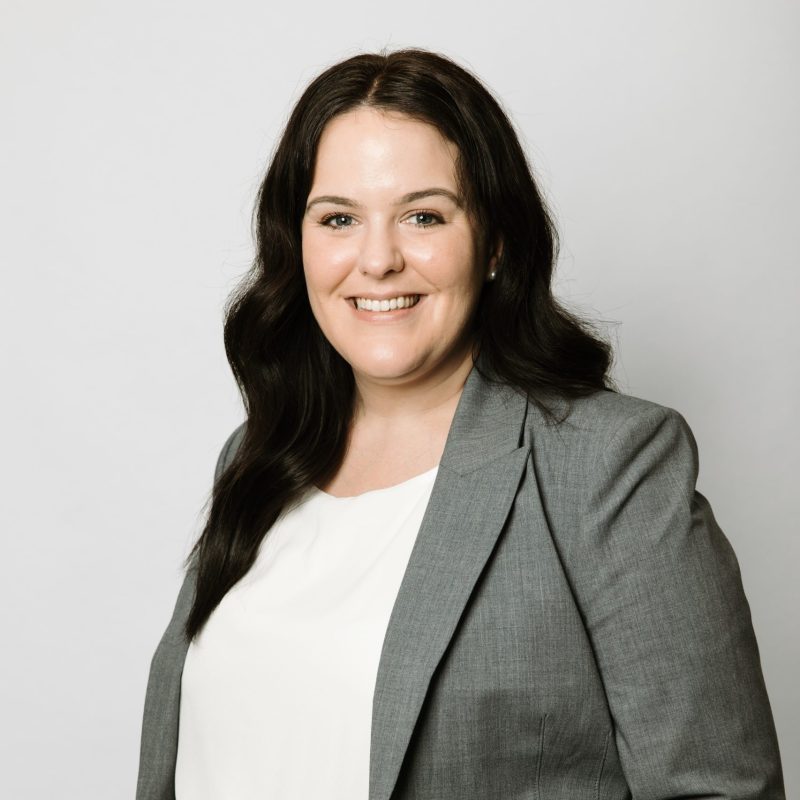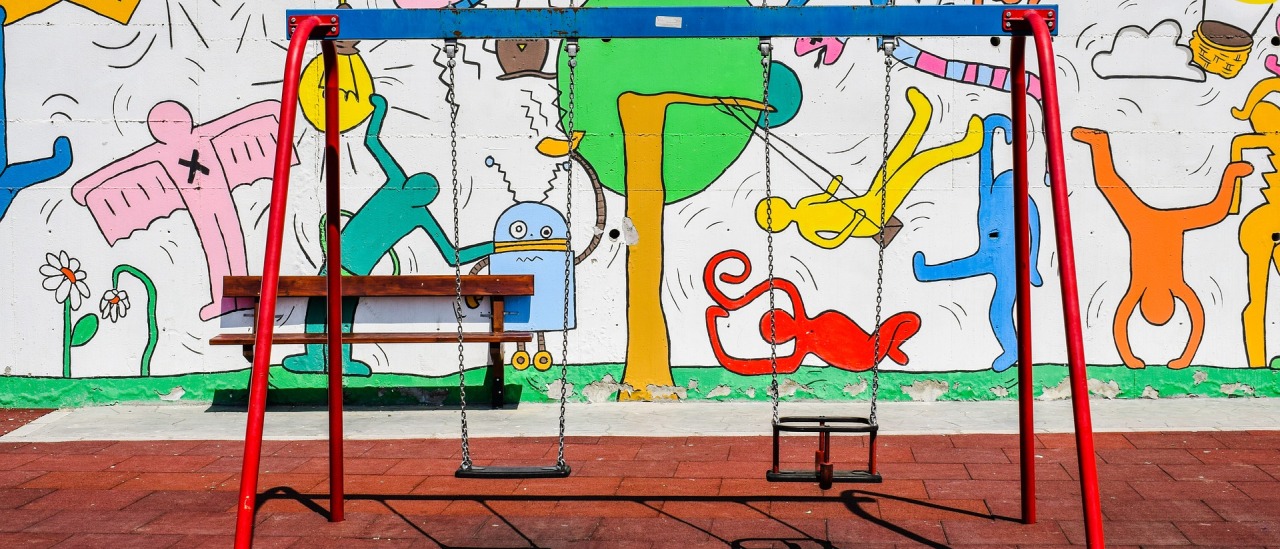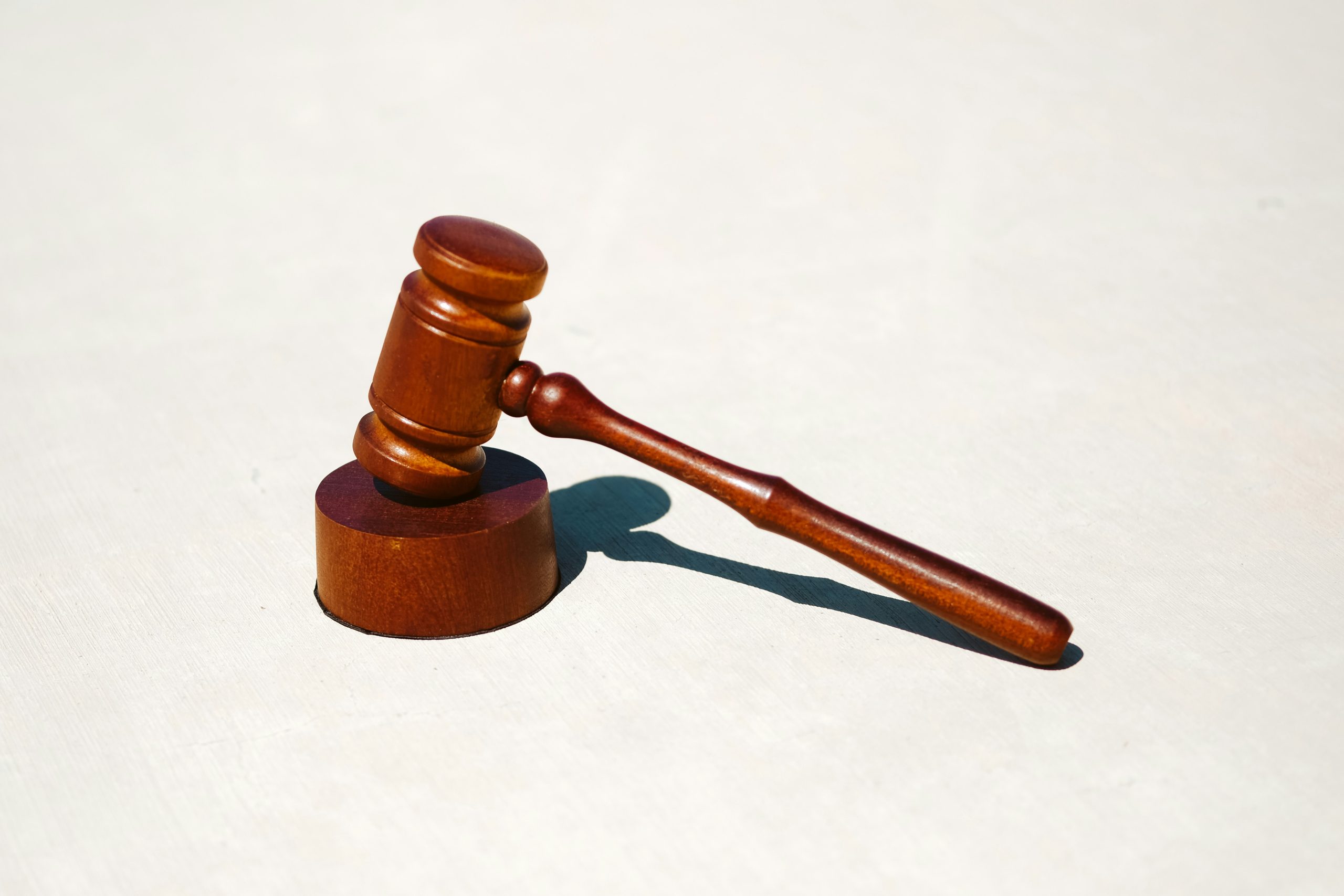The arrangements which parties make regarding the care of their children will affect the amount of child support payable under the formula and it is important that parents receive appropriate legal advice about the child support consequences of care arrangement enter into.
How long do you have to support your child?
The parents of a child have a duty to support their children financially while the children are under the age of 18 years pursuant to the Child Support (Assessment ) Act 1989(“the Act”). In some cases, if the child has a disability or is still completing their education the Federal Circuit and Family Court of Australia (“the Court”) can make an order in accordance with the Family Law Act 1975 for maintenance to continue (adult child maintenance).
The Act includes a formula which estimates the child support payable by one parent to the other (or to a carer who is not the biological parent) in each case based on a number of factors including each of the parents’ income, the age of the children and the level of care of the children which each parent has.
The Child Support Agency (“the Agency”) may issue an assessment of child support payable in each case based on the formula. An application for an assessment may be lodged with the Agency online or contacting the Child Support Enquiry Line.
Challenging the formula
The formula is not suitable for all cases. Assessments made under the formula are based, among other factors, on the taxable income of the parents. However, in some instances, the taxable income of one or both parents may not accurately reflect their true financial circumstances. For example, a parent may not earn a regular salary, may be asset-rich but income-poor, or may be self-employed and able to claim substantial tax deductions.
In such cases, the parent responsible for paying child support (“the payer”) or the parent entitled to receive it (“the payee”) may lodge an objection to the assessment. An officer within the Agency will then conduct an internal review of the decision. This review may result in an adjustment to the assessment to better reflect the actual financial capacity of the parents.
If the applicant is not satisfied with the outcome of the internal review, they may seek an external appeal. This may involve applying to the Administrative Review Tribunal (“ART”) or, in more complex cases, applying to the Court.
For more information see: Challenging a Child Support Assessment
Private agreements outside the formula
The parents of a child may agree to enter into a private agreement regarding child support. The Act allows parties to enter into such private child support agreements which may be registered with the Agency even though the agreements go outside the formula.
A private child support agreement may be appropriate, for example in one of the following cases:
- If the child attends a private school and the parents agree to share on the school fees;
- If the child is likely to require expensive orthodontic work;
- If, as part of a family law property settlement, one parent pays a lump sum amount of child support or transfer’s a property in lieu of child support.
For more information see: Private Binding Child Support Agreements
Informal agreements based on the formula
On occasions, parties agree between themselves on the child support to be paid by one parent to the other based on the formula without formally applying for an assessment to issue. The Agency’s website includes an “estimator” which calculates the sum payable based on the specific circumstances of the case: see Family Assistance / Child Support – Projected Estimate
Conclusion
The arrangements which parties make regarding the care of their children will affect the amount of child support payable under the formula and it is important that parents receive appropriate legal advice about the child support consequences of care arrangement enter into.
Further reading

elringtons lawyers regularly provide legal advice in relation to a range of Family Law matters. Please contact our Family Law Team for more information or to make an appointment call (02) 6206 1300












